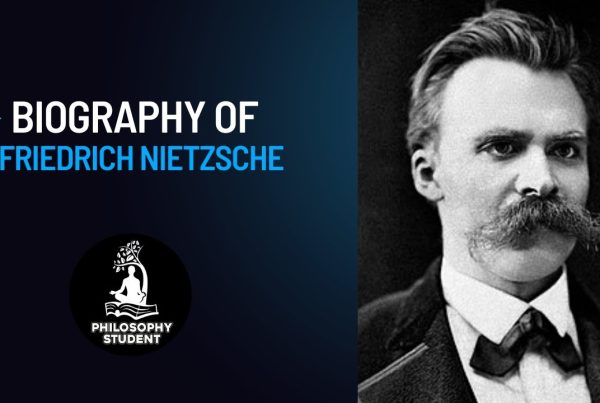Many of the topics within the philosophy of science overlap with topics in metaphysics, epistemology, and the philosophy of language insofar as they apply within our scientific practice. Metaphysical issues, for instance, concern the existence of natural kinds and laws of nature, which appear to underlie the regularities investigated by our scientific theories, and whether these are objective features of the world or merely conventional features of our scientific models. Epistemological issues include how evidence confirms (or falsifies) a scientific theory and the structure of a scientific explanation. There also remains ongoing interest in the structure of a scientific theory and the reference of our central theoretical terms, especially through periods of radical theory change. These latter topics overlap with the philosophy of language.
More specific topics in the philosophy of science involve scientific methodology and how it might be contrasted with other ways of acquiring knowledge of the external world. This includes the role of inductive and deductive forms of inference, the extent to which scientific theories are to be rejected in the face of falsifying evidence or amended to accommodate anomalous data, and the role of broader sociopolitical considerations in the eventual adoption of a new scientific paradigm. The scientific realism debate concerns whether the predictive success of a scientific theory gives us grounds to believe its theoretical content, or if the history of science calls for a more skeptical attitude. The debate also asks if there is a principled distinction between those parts of a theory that do the important work and those parts that are dispensable. A central issue here is whether it is possible to distinguish between the predictive success of a scientific theory and its explanatory power.
Finally, the philosophy of science is also concerned with interpretative issues that arise in specific scientific theories, such as the interpretation of measurement events in quantum mechanics and the so-called collapse of the wave-function, or the structure of explanations in evolutionary biology, as well as the difference between the natural sciences and the social sciences.




































